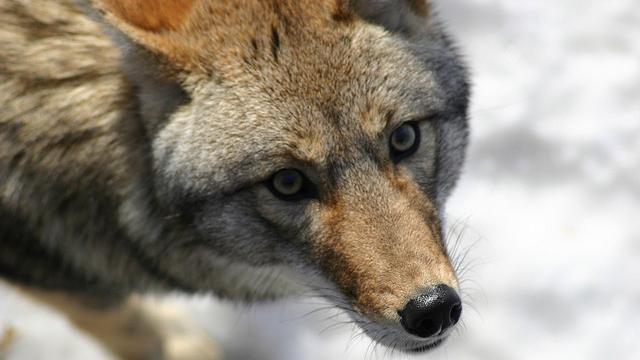Your schoolteachers probably told you most species wouldn’t (or maybe couldn’t) successfully interbreed with one another. If some did, their hybrid offspring, like mules, couldn’t have babies of their own. That explanation was a bit oversimplified. Hybridisation happens, and it may be one way new species arise.
In an article at Ensia, Greg Breining examines how biologists and conservationists are reacting to a trend of hybridisation driven by human activity: Some worry that hybrids will destroy biodiversity, while others see it as a way that populations can adapt to a changing landscape. It’s not just a theoretical exercise — coyotes in the eastern US, for example, seem to be quite different from their cousins in the American west.
“These things were unique,” says Javier Monzón, an evolutionary biologist at Stony Brook University in New York. They were bigger and stockier with larger skulls — all the better to kill white-tailed deer, which were making a comeback as forests began to regrow.
Indeed, scientists have since discovered these super-sized coyotes are only about two-thirds coyote. About 10 per cent of their genes belong to domestic dogs and a quarter comes from wolves, with which they hybridised as they moved east north of the Great Lakes. “They’re not wolves and they’re not like pure coyotes from the West,” says Monzón, who has studied the animals’ genetics. Depending on their location, people call them brush wolves, coydogs, eastern coyotes or coywolves.
Monzón says hybridisation enabled eastern coyotes to adapt quickly to fill the niche left by wolves. In fact, areas with the highest densities of deer had coyotes with the greatest proportion of wolf in their genomes. “There was a very rich resource that was waiting to be exploited,” says Monzón. “They have done very well here.”
Read the whole article at Ensia.
